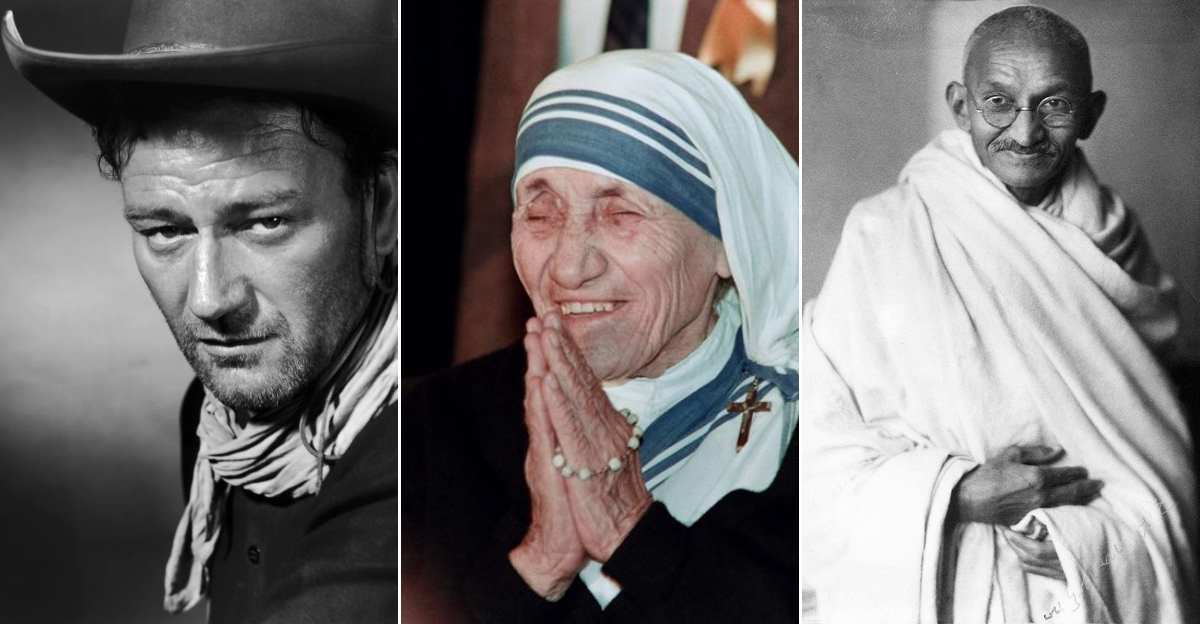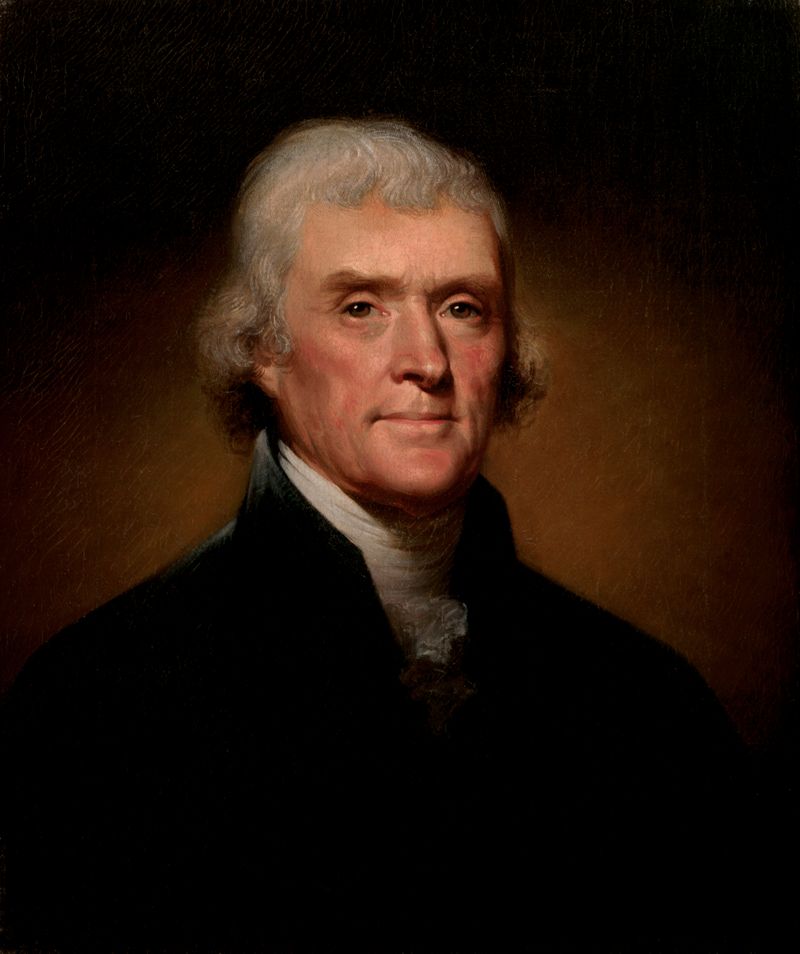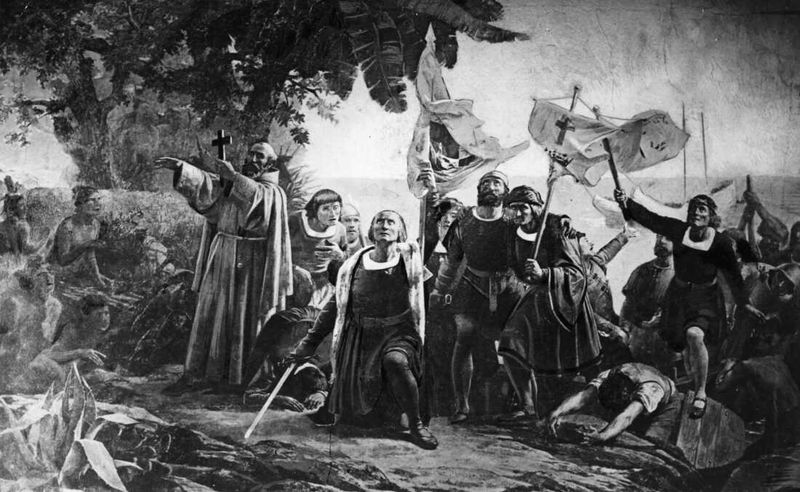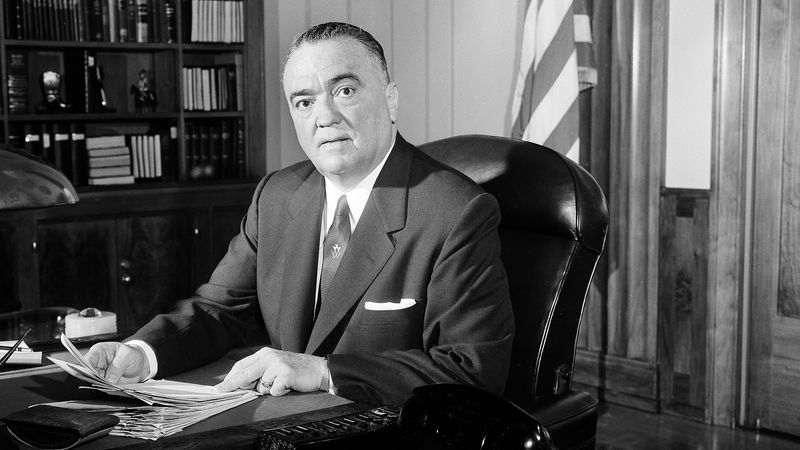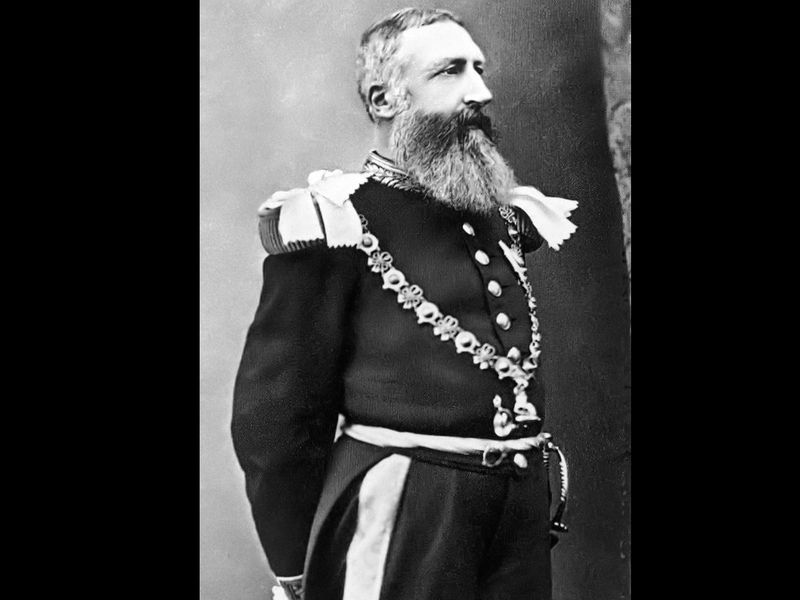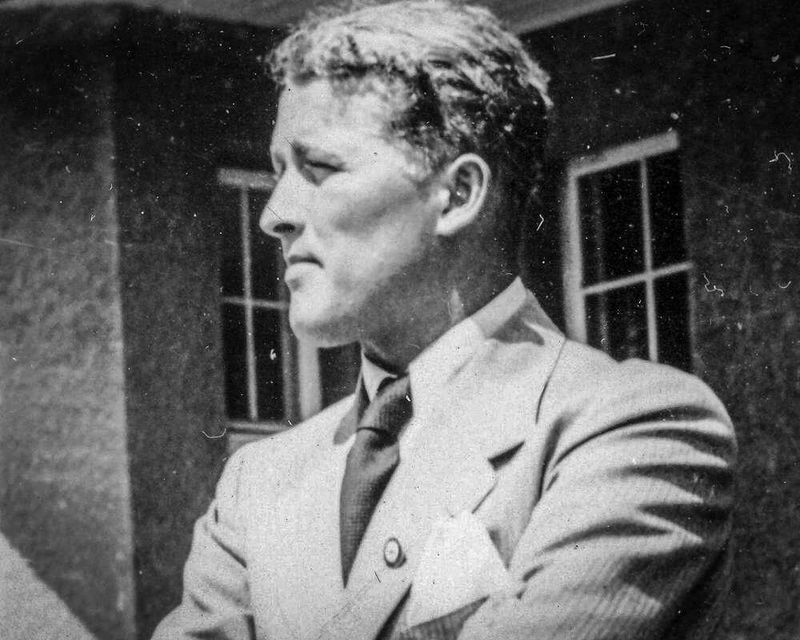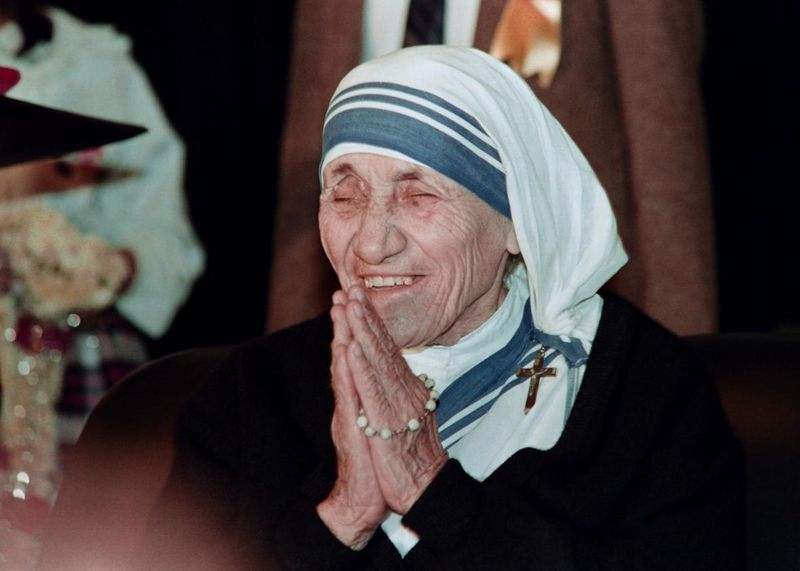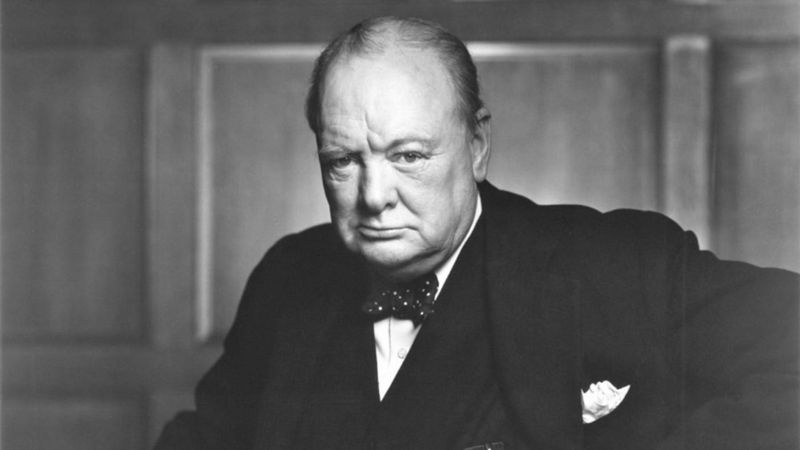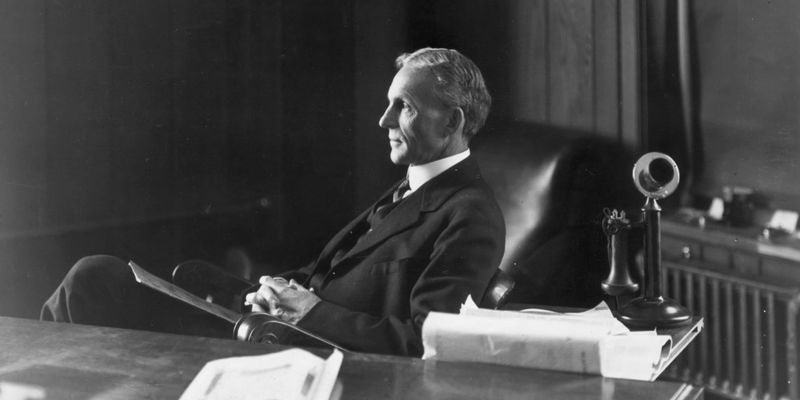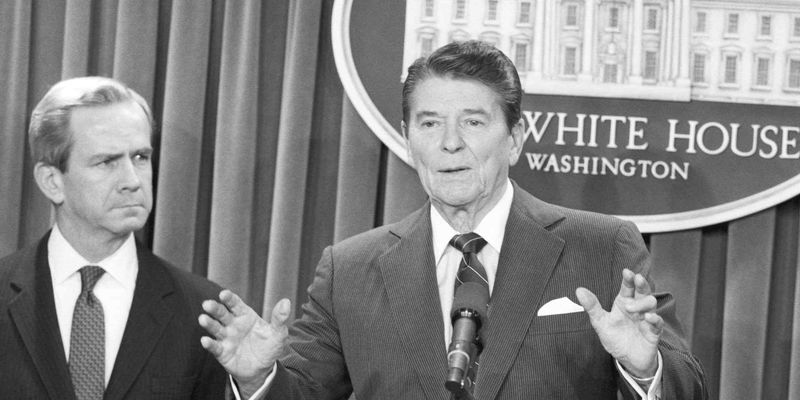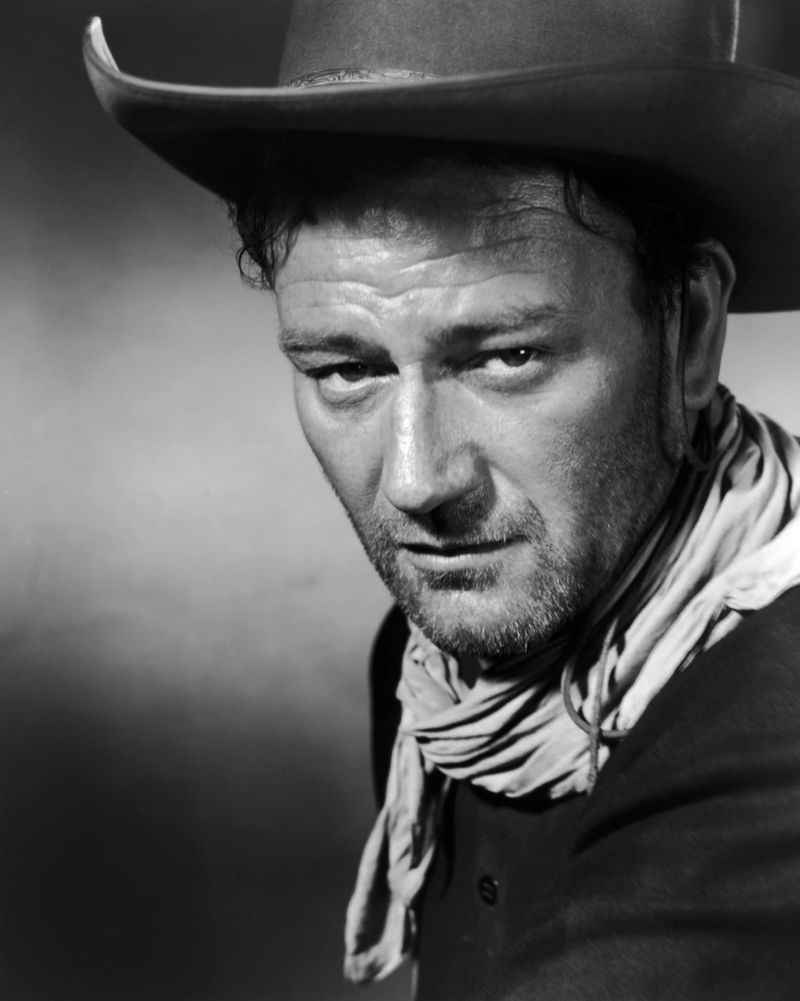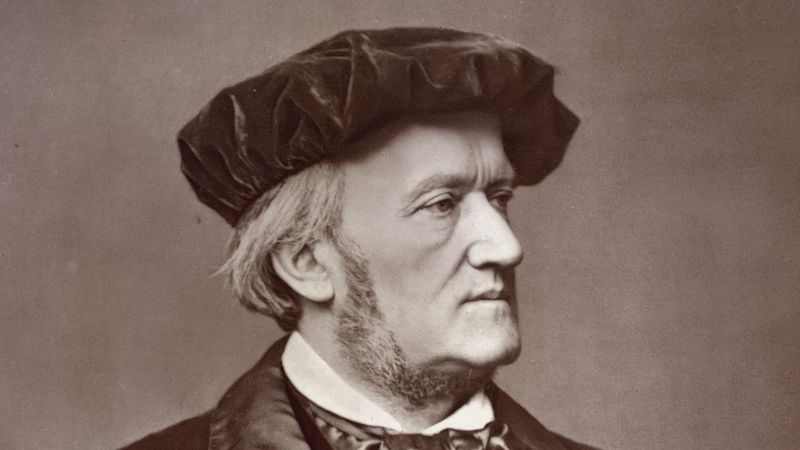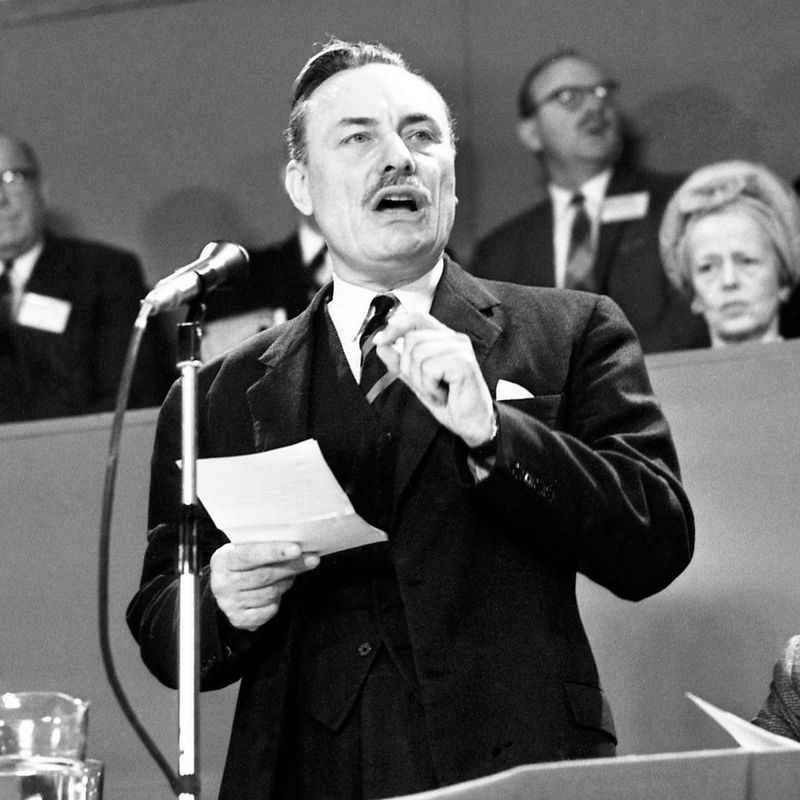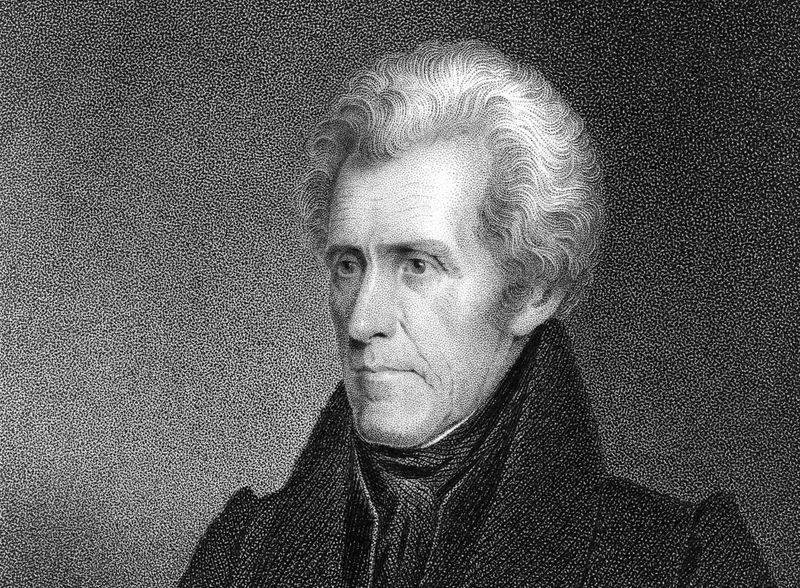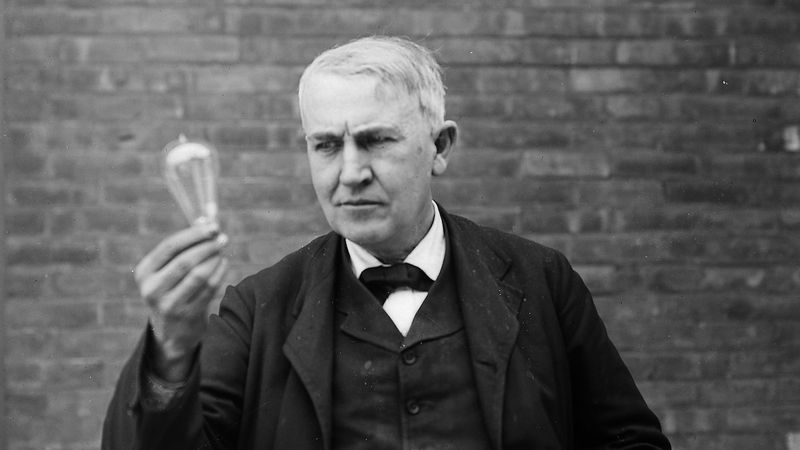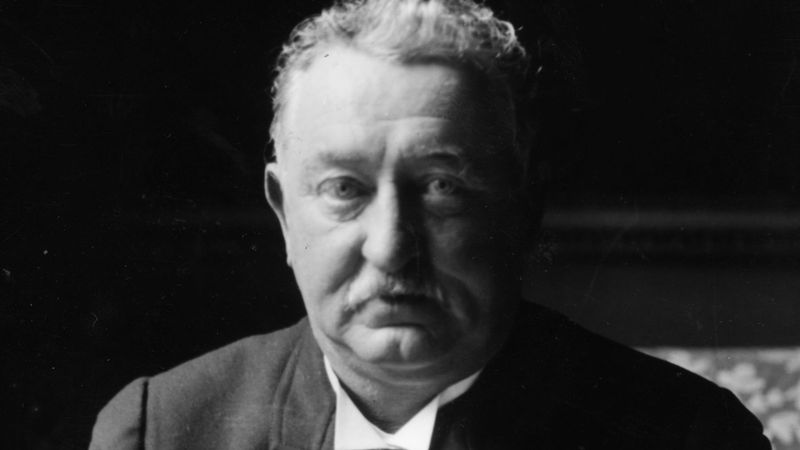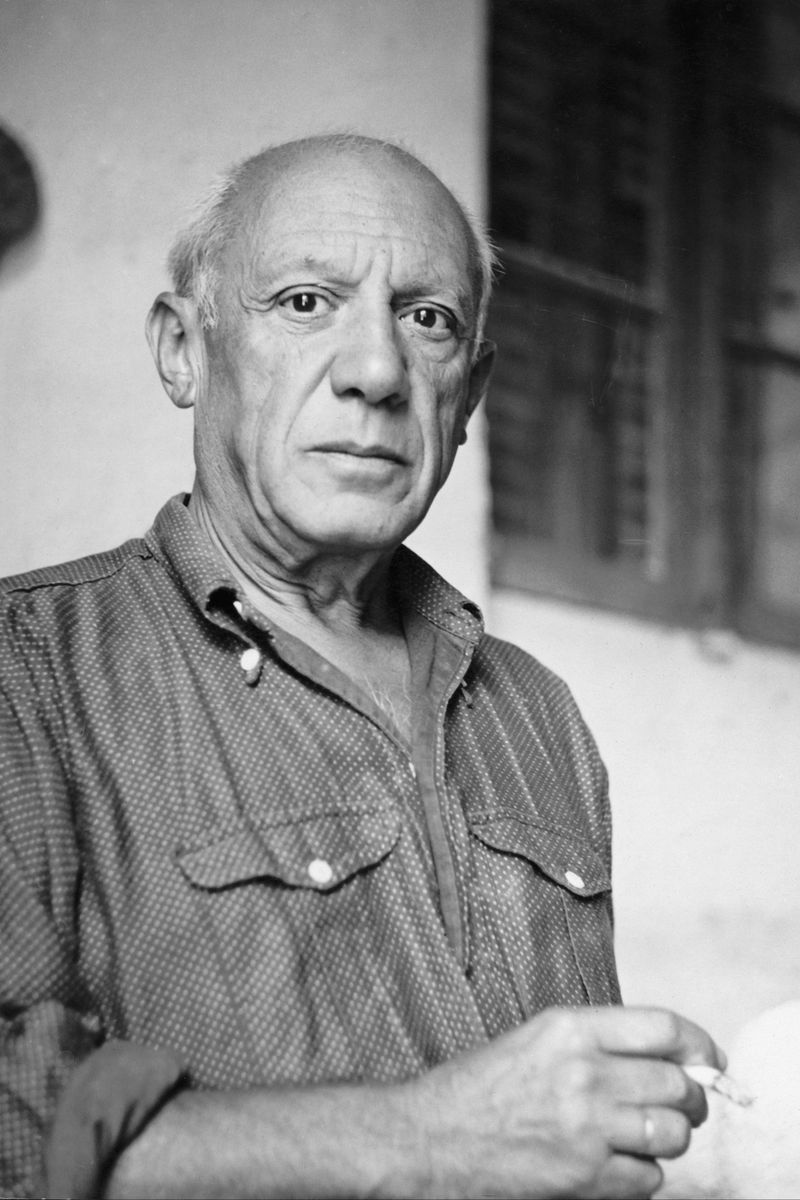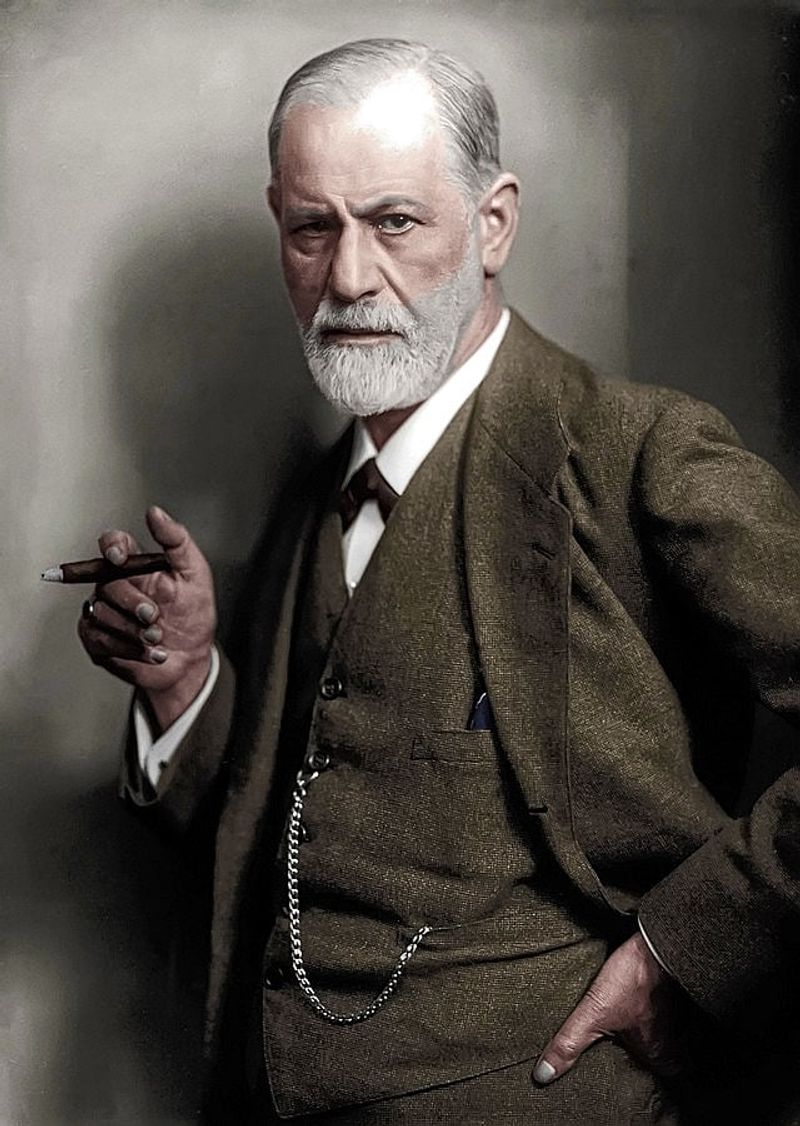History often paints a rosy picture of its heroes, celebrating their achievements and virtues. However, beneath the layers of glorification lie darker truths that often come to light only after their deaths. This post delves into the hidden lives of 20 historical figures whose sinister actions were overshadowed by their public personas. From world leaders to cultural icons, these individuals harbored secrets that challenge the legacies they left behind. Let us explore these revelations and unmask the truth behind their celebrated images.
1. Thomas Jefferson
Thomas Jefferson is often heralded as a Founding Father and the principal author of the Declaration of Independence. Yet, he lived a life of contradictions, advocating for liberty while owning enslaved people. Known also for his relationship with Sally Hemings, Jefferson fathered several children with her, a fact that emerged only after centuries. This revelation tainted his legacy, raising questions about the personal morality of a man who fiercely advocated equality in his writings. His dual life remains a point of contention and debate among historians.
2. Christopher Columbus
Celebrated as the man who ‘discovered’ America, Christopher Columbus’s voyages are legendary. However, his expeditions also marked the beginning of brutal colonization. Columbus enslaved and massacred Indigenous populations in the Caribbean, setting a precedent for centuries of oppression. His tyrannical governance and obsession with gold led to the suffering and decimation of native cultures. These dark aspects of his legacy contrast sharply with the heroic explorer image, prompting a reevaluation of his role in history. The controversy around Columbus continues to spark debates today.
3. J. Edgar Hoover
J. Edgar Hoover was a formidable force in American law enforcement, shaping the FBI’s reputation. Yet, his tenure is marred by scandalous abuses of power. Hoover engaged in widespread surveillance and blackmail, targeting political figures and civil rights leaders like Martin Luther King Jr. His secretive methods and dossiers instilled fear and perpetuated injustice. The posthumous exposure of these tactics shattered the myth of Hoover as a guardian of justice, revealing a complex figure who placed personal vendettas above ethical standards.
4. King Leopold II of Belgium
King Leopold II of Belgium projected the image of a benevolent ruler, but his actions in the Congo Free State tell a different story. Under his regime, millions of Congolese were subjected to inhumane treatment, including exploitation, mutilation, and death, in pursuit of rubber and ivory profits. This brutal colonial rule, disguised as a humanitarian mission, was exposed only after his death, revealing his legacy as one of greed and cruelty. Leopold’s dark chapter in history continues to evoke horror and condemnation.
5. Wernher von Braun
Wernher von Braun is celebrated as a genius of American space exploration, yet his past is entwined with the horrors of World War II. Before his work with NASA, he developed V-2 rockets for Nazi Germany using forced labor from concentration camps. This morally complex history, uncovered after his rise to fame, casts a shadow over his contributions to space science. Von Braun’s legacy prompts an examination of the ethical implications of scientific advancements and the responsibilities of those who pursue them.
6. Mother Teresa
Mother Teresa is venerated as a symbol of compassion, yet her approach to charity has faced criticism. Her missions, often lacking medical care, glorified suffering over relief. Accepting donations from controversial figures further clouded her moral standing. These aspects of her work came to light after her passing, sparking debate about the efficacy and ethics of her mission. While her intentions remain admired, the revelations offer a nuanced view of her legacy, challenging the simplistic narrative of sainthood.
7. Winston Churchill
Winston Churchill is lauded as a stalwart leader during World War II. However, his policies also led to severe consequences, such as the Bengal famine, which resulted in millions of deaths. His views on race and empire have been scrutinized, revealing a side less aligned with the image of a humanitarian statesman. These aspects came to prominence posthumously, challenging the unblemished public perception and highlighting the complexity of his leadership. The debate over Churchill’s legacy continues to influence historical discourse.
8. Mahatma Gandhi
Mahatma Gandhi is revered globally as an icon of nonviolence, yet his views were not without fault. Gandhi’s early writings contain derogatory comments about Black South Africans, reflecting racial prejudices. His controversial ‘experiments’ with celibacy also attracted criticism. These revelations, surfacing after his death, complicate the narrative of a flawless moral leader. Although his role in India’s independence is undeniable, the examination of his personal beliefs adds depth to his historical image, inviting a broader conversation about his impact.
9. Charles Lindbergh
Charles Lindbergh, an aviation pioneer, inspired a nation with his transatlantic flight. Yet, he harbored sympathies for Nazi ideologies and eugenics, which became apparent after his death. Lindbergh’s public admiration of the Nazi regime and his isolationist stance during World War II have marred his legacy. These revelations suggest a complex character whose beliefs were at odds with the heroism attributed to him. The nuanced understanding of Lindbergh’s life invites a reassessment of the icons we celebrate.
10. Henry Ford
Henry Ford revolutionized the auto industry, but his anti-Semitic views cast a long shadow. His publications, filled with vitriolic propaganda, influenced bigotry and hatred worldwide. Admired by figures like Hitler, Ford’s legacy is tainted by his ideology. These views, revealed through his writings and actions, complicate his status as an industrial icon. The duality of Ford’s life forces a critical evaluation of his contributions to society, shedding light on the ethical dimensions of industrial leadership.
11. Ronald Reagan
Ronald Reagan, a towering figure in American politics, left a complex legacy. His administration’s handling of the AIDS crisis faced criticism, marked by initial inaction and indifference. Additionally, Reagan’s support for oppressive regimes in Latin America raised ethical concerns. These aspects, emerging after his presidency, challenge the narrative of a universally beloved leader. Reagan’s policies and their repercussions continue to be a subject of intense analysis and debate, illustrating the enduring impact of political decisions.
12. Che Guevara
Che Guevara remains an emblem of revolution, yet his methods were ruthless. Known for overseeing executions and establishing Cuba’s stringent prison system, his legacy is contentious. Posthumous revelations of his actions paint a picture far removed from the idealized revolutionary. Guevara’s commitment to his cause led to controversial decisions that have sparked debate over the morality of his methods. These insights into his life provide a more complete understanding of his impact on history.
13. John Wayne
John Wayne, a Hollywood legend, embodied the spirit of the American West. However, his off-screen remarks revealed a less admirable side. Wayne’s openly racist and sexist comments, alongside support for controversial policies, challenged his image as a heroic icon. These views, which gained attention after his passing, complicate his legacy, urging a reconsideration of the values he represented. The complexity of Wayne’s persona highlights the broader conversation about cultural figures and their public influence.
14. Richard Wagner
Richard Wagner, a titan of opera, left a musical legacy unparalleled in its influence. However, his anti-Semitic writings have cast a dark shadow. Wagner’s ideologies found resonance in Nazi circles, tainting his contributions to the arts. These revelations, gaining prominence long after his death, challenge the celebration of his genius. The duality of Wagner’s artistic brilliance and personal prejudices invites reflection on the ethical responsibilities of cultural icons, sparking ongoing debates in artistic communities.
15. Enoch Powell
Enoch Powell, renowned for his oratorical prowess, remains a polarizing figure. His infamous ‘Rivers of Blood’ speech inflamed racial tensions in Britain, revealing a divisive side to his politics. This controversial address, remembered vividly after his death, continues to provoke intense debate about immigration and race. Powell’s legacy is a testament to the power of rhetoric and the lasting impact of words. The speech’s repercussions highlight the complexities of balancing free expression with social responsibility.
16. Andrew Jackson
Andrew Jackson, celebrated as a populist president, orchestrated policies with devastating effects. The Trail of Tears, a forced relocation of Native Americans, epitomized his brutal approach to expansion. These policies, examined critically after his death, complicate his legacy as a defender of the common man. Jackson’s actions reflect a darker aspect of American history, inviting reflection on the ethical implications of leadership decisions. The ongoing discourse surrounding his presidency underscores the importance of historical accountability.
17. Thomas Edison
Thomas Edison is celebrated as a prolific inventor, yet his competitive nature revealed a ruthless side. Known for exploiting workers and trying to undermine competitors like Nikola Tesla, Edison’s business tactics were controversial. These revelations, surfacing posthumously, challenge the image of a benevolent genius. The complexity of Edison’s character invites scrutiny, highlighting the ethical dilemmas faced by innovators. His legacy serves as a reminder of the intricate relationship between innovation and morality in the pursuit of success.
18. Cecil Rhodes
Cecil Rhodes, a symbol of British imperialism, amassed wealth through exploitation. His actions in Africa, marked by violence and oppression, built an empire that left a lasting impact. These dark aspects, revealed in detail after his death, taint his philanthropic endeavors like the Rhodes Scholarship. Rhodes’ legacy is a reflection of the complexities of colonialism, prompting a reevaluation of historical narratives. The duality of his contributions underscores the importance of acknowledging the full scope of historical figures’ actions.
19. Pablo Picasso
Pablo Picasso, a pioneer of modern art, also struggled with personal demons. Known for his tumultuous relationships, Picasso’s emotional abuse of women, including his muses, came to light after his death. These revelations complicate the celebration of his artistic genius, highlighting the darker side of his persona. Picasso’s life serves as a reminder of the complex interplay between creative brilliance and personal conduct. His legacy prompts a broader discussion about the responsibilities of artists towards those around them.
20. Sigmund Freud
Sigmund Freud, the father of psychoanalysis, revolutionized psychology. Yet, his theories often reflected deep-seated misogyny. Freud’s dismissal of patient testimonies of abuse and focus on patriarchal interpretations have been critically reassessed after his death. These revelations challenge the infallibility of his work, revealing a more nuanced picture. Freud’s legacy invites reflection on the evolution of psychological theories and the biases that shaped them. The critique of his ideas continues to influence contemporary psychological discourse and practice.
